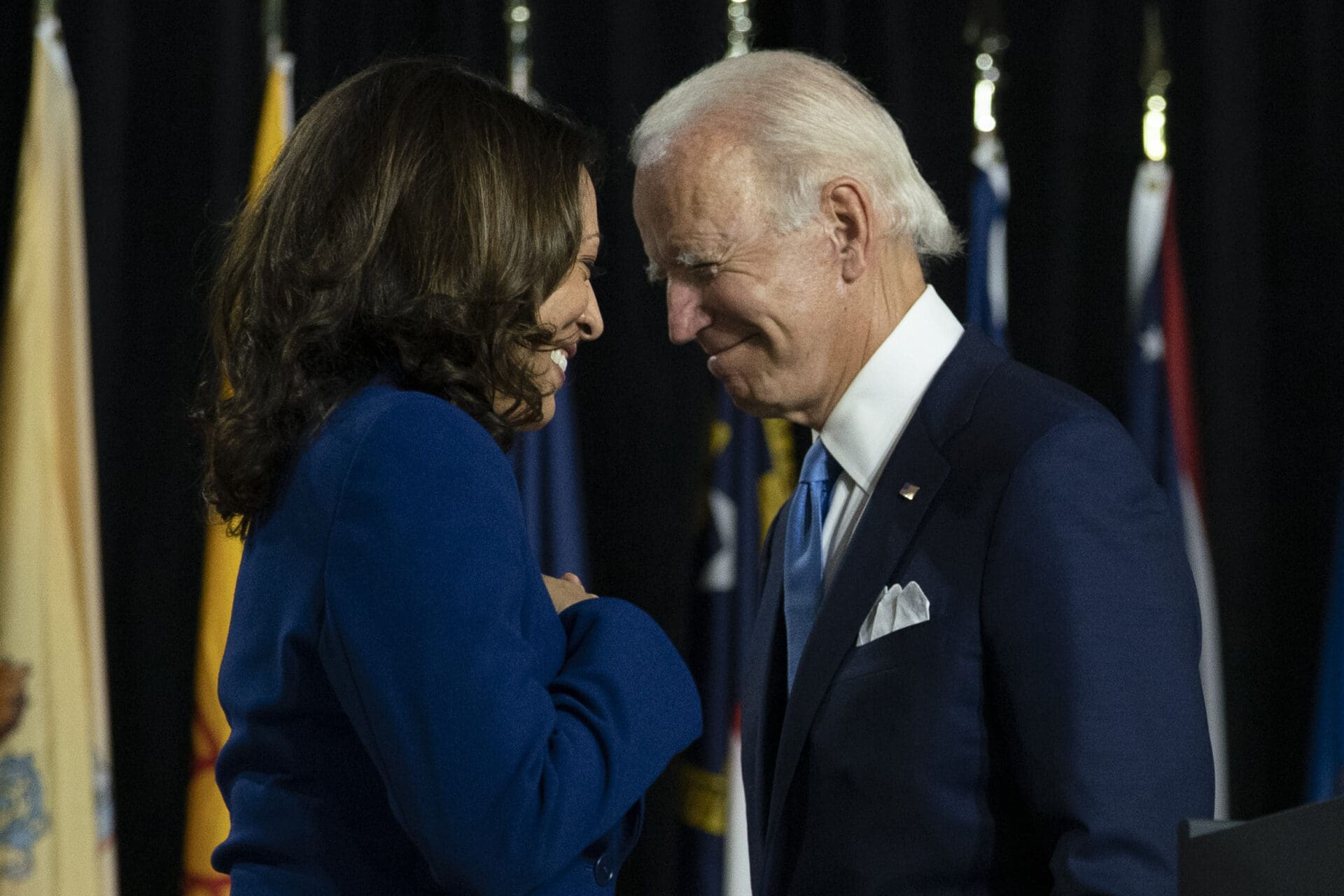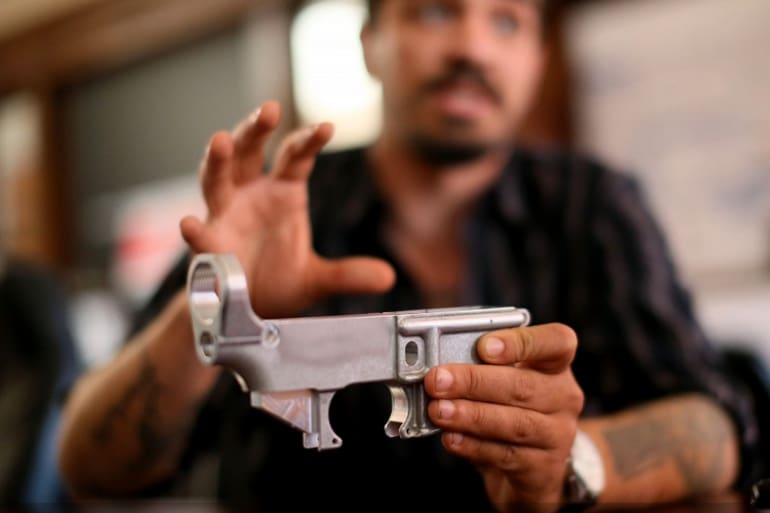[The following editorial appeared in yesterday’s edition of The National Post. It was written by Lorne Gunter. I’ve republished here with the author’s written permission.]
Those of us who have called for an end to the long-gun registry have often focussed on its cost — at least $2-billion — and its uselessness in stopping crime. But the greatest damage done by Bill C-68 has been the wedge it has driven between police and law-abiding Canadians who own guns for hunting, sport shooting or vermin control on farms. Consider the case of Henry Barnes . . .
To say the least, Mr. Barnes is a colourful character. The 76-year-old also goes by the name of Johnny Sombrero. He is a former motorcycle-gang member. Indeed, he is a founder and former leader of Toronto’s Black Diamond Riders. The North York resident also owns more than 100 guns, or at least he did until January of 2010, when Toronto police burst into his apartment and seized them all, despite the fact all of them were properly registered and locked in gun safes.
What makes Mr. Barnes’ case indicative of the damage done by C-68 is the reaction of other gun owners. They are mostly on his side and against police — vehemently. Before C-68 came into effect in 1998, they likely would have instinctively sided with police.
Although he has not been an angel for much of his life, Mr. Barnes has no criminal record, either. Nevertheless, he claims police never approached him peacefully before the day they forced their way into his home to examine his gun lockers. They never phoned him or came to his door asking to take a look around. Their default was to treat him as a danger to the community from minute one.
When they did phone, it was to tell him — erroneously — that his car was being broken into. When he opened his apartment door to go check, he claims a big police officer lunged towards him, grabbed him by the neck and pushed him to the floor where a civilian member of the force fell on him, breaking some of his ribs. He then lay on the floor at gunpoint for five hours while officers “tore apart” his apartment looking for guns.
Mr. Barnes is currently on trial for unsafe storage. Despite all of his guns being locked away, police and Crown prosecutors claim some of the safes in which his guns were stored, as well as some of the locks used to secure them, were inadequate. That has now become a crime in Canada for which guilty-until-proven-innocent police tactics are the norm.
But why treat Mr. Barnes like a deranged maniac from the get-go? Why send dozens of officers to his home as a first response? Was he making threats, standing psychotic and half-naked in the street waving his weapons around?
Had police made one or more polite attempts to gain access to Mr. Barnes’ home and been rejected, I could understand their ton-of-bricks tactics. Had they served him with a valid warrant, only to have him refuse entry, perhaps their methods would be appropriate.
But increasingly, police are going to full-force tactics whenever firearms are in a home, whether or not the guns are involved in a crime. For this change in attitude and approach, I blame C-68.
Our current gun control legislation has made gun ownership an anti-social behaviour, in and of itself. And it has created gun crimes that never existed before.
Far too often now, police and prosecutors are dubious of the mental stability of anyone who owns a gun, just because they own one. This is because C-68 has created a stigma regarding gun ownership. It has put the obligation on the gun owner to prove his interest in firearms is legitimate and not a sign of some sociopathic disorder.
The law has also made a “gun” crime out of failure to fill out registration paperwork properly or to store one’s guns so securely that criminals cannot steal them and use them in real crimes.
Pitting police against law-abiding gun owners has strained the relationship between the two and put at risk the idea that policing derives its legitimacy from the consent of the policed. For this reason more than any other, the Tories should repeal Bill C-68 — not just the gun registry — now that they have their majority.





Sounds like typical behaviour for the OPP. Those guys are jack-booted thugs. I would like to see how the Crown justifies this in court. Legally, the police can perform inspections of Canadian gunowners’ homes to ensure that they firearms are stored properly, although it is rarely done. This looks like a case of sour grapes; unable to link Barnes to any real crime, they used C-68 as an excuse to search his home in hopes of finding something, anything, illegal. Unable to do even that, they have charged him with penny-ante “insufficiently secured” clause. Barnes’ lawyer should have a field day with this.
Repealing C-68 would be a good first step, but without doing anything about police behavior, the police will continue to act in this manner. Ontario, particularly Toronto, has got a serious issue of thugs-with-badges.
As for stigmatizing legal gun owners, perhaps in the east. Not so in the west. Firearms ownership is practically mandatory and we have very active shooting and hunting associations. The gun ranges in Edmonton are busier than ever.
Long Gun Registry Stigmatizing Canadian Gun Owners —
I thought that marginalizing gun owners was the whole point of the long gun registry. Am I wrong?
The point was to provide LEO with a database to access when responding to domestic disputes etc (they do this already since all handguns must be registered). This way they would know if they were entering a situation where a long-arm might be present. On the surface, it is a fine idea; in practice is stinks. The registration is voluntary, thus un-enforcible, and since it is voluntary, it is necessarily incomplete and so it cannot perform its intended function. The truth is that no one really cares about long-arms, nor should they. The account for less than 3% of gun crime in Canada.
Any marginalization is trumped up (by the media) or geographically localized (such as Toronto).
I know you are being sarcastic, but the long-arms registry was supposed to perform a specific and useful function. It doesn’t because it is a bad piece of legislation. On that basis alone it should be scrapped, let alone being an expensive boondoggle.
“expensive boondoggle”
If it was a cheap boondoggle nobody would care. I’m in no position to tell Canada what to do, but it sounds like this registry belongs on the scrap heap of bad ideas.
He still owns them. The police appear to be guilty of possessing stolen property though.
Looks that way doesn’t it. So long as his defense lawyer can show that all the guns were legally owned and properly stored, the Crown is going to have a hell of a time backing the police on this one. Personally, I think some LEO heads should roll since this is just one more embarrassment (in a long, long line of embarrassments) the OPP has caused the Crown.
And people wonder why I fight against “commonsense” gun laws like registration.
This article is unexaggerated. The stigmatization, marginalization, and effective criminalization of law-abiding owners of guns-as-tools has been absolutely tragic.
Outside of the criminal circuit, Canadians don’t really even own guns for self-defense. We certainly don’t *carry* them for defense, in less you count moose and bear. They are just a tool.
We accidentally let the Liberals run the place for too many consecutive terms, and we ended up spending >$2B to create a way for duck hunters and biathletes to voluntarily register their long guns in order to reduce STREET CRIME. And every single deer hunter and cowboy action shooter is now subject to warrantless search and seizure — guilty by association, with few means to prove his innocence.
The True North Strong and Free, eh?
Comments are closed.